
China's Foreign Ministry spokeswoman Mao Ning. (Photo/fmprc.gov.cn)
China's decision to contribute 200,000 euros (about $210,000) through the International Atomic Energy Agency to nuclear safety and security assistance for Ukraine is a concrete step to support the IAEA's efforts to strengthen the safety of Ukraine's nuclear facilities, Foreign Ministry spokeswoman Mao Ning said.
Mao made the remark on Wednesday, after the Permanent Representative of China to the United Nations and Other International Organizations in Vienna Li Song announced the decision at the IAEA's board of governors meeting on Monday.
In a paper issued last month to state its position on the political settlement of the Ukraine crisis, China said it opposes armed attacks against nuclear power plants or other peaceful nuclear facilities, urging parties involved to keep them safe.
It expressed support for the IAEA in playing a constructive role in promoting the safety and security of peaceful nuclear facilities.
China also called for promoting international cooperation on nuclear security in the Global Security Initiative Concept Paper.
"We always do what we say," Mao said, speaking of China's decision to contribute.
China will continue to work with the world to build an international nuclear security system that is fair, collaborative and mutually beneficial, Mao said.
It will also continue to promote talks for peace and support the political settlement of the Ukraine crisis, the spokeswoman said.
In another development, Mao expressed China's "grave concerns" about reports that U.S. House Speaker Kevin McCarthy will meet Taiwan leader Tsai Ing-wen in California during the latter's "transit" in the coming weeks.
"We have lodged stern representations with the U.S. side, asking them to make clarifications," Mao said on Wednesday.
China firmly opposes any official exchanges between Taiwan and the U.S. in any form, Mao emphasized.
It firmly opposes any U.S. visit made by "the head of 'Taiwan independence' separatists" in any name and under any pretext, as well as U.S. contact with the separatists in any form, she said.
At a news conference a day ago, Foreign Minister Qin Gang said the Taiwan question is "the core of the core interests of China, the bedrock of the political foundation of China-U.S. relations and the first red line that must not be crossed in China-U.S. relations".
Mao urged the U.S. to abide by the three China-U.S. joint communiques, and deliver on the U.S. leadership's commitment to not support "Taiwan independence", "two Chinas" or "one China, one Taiwan".








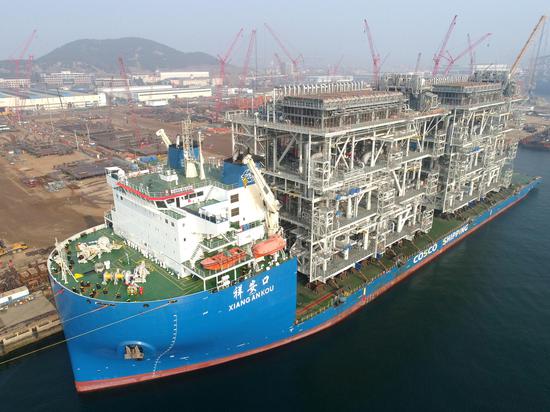



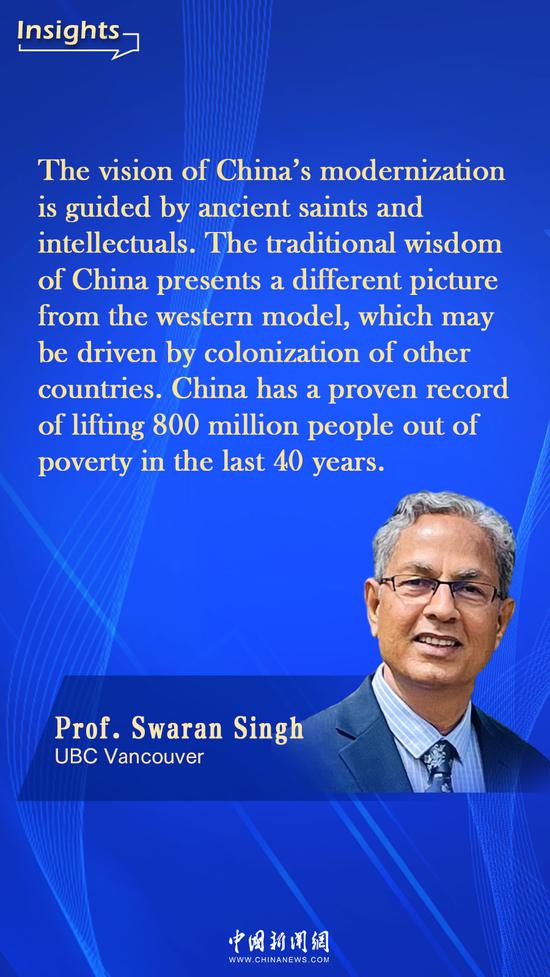
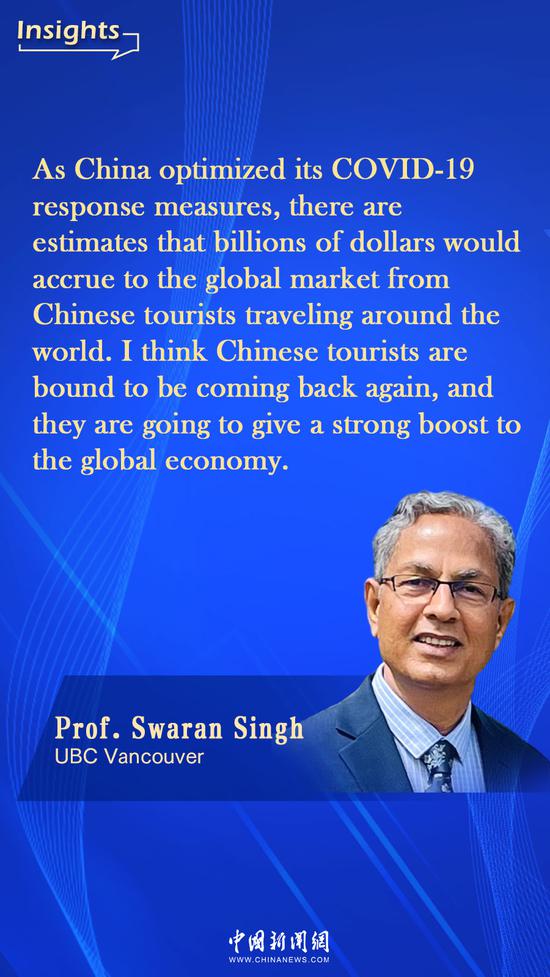
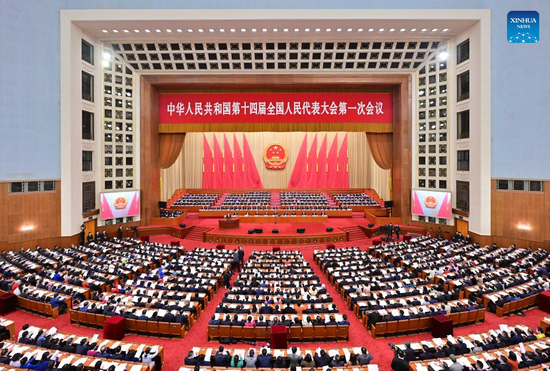
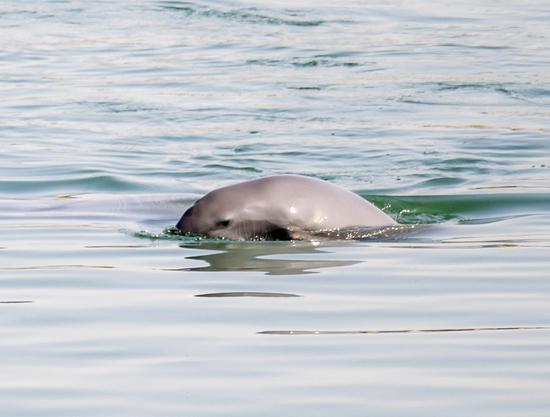

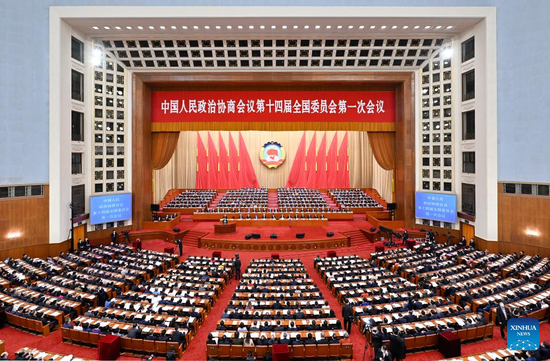
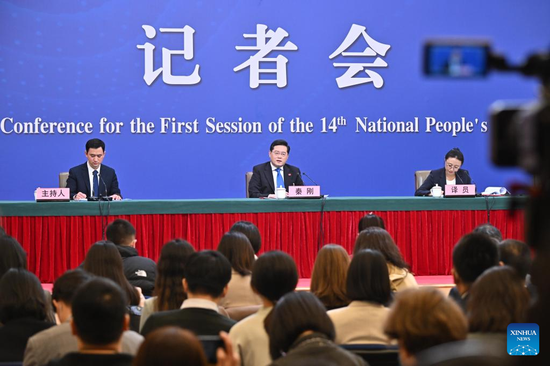
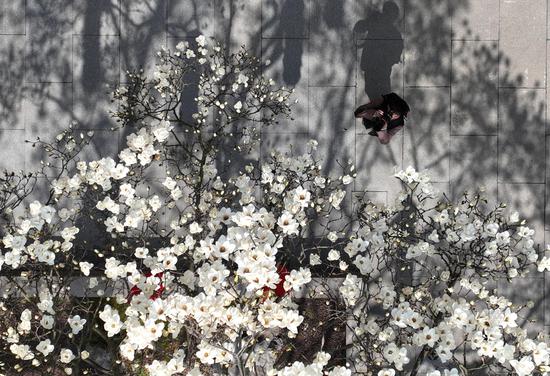

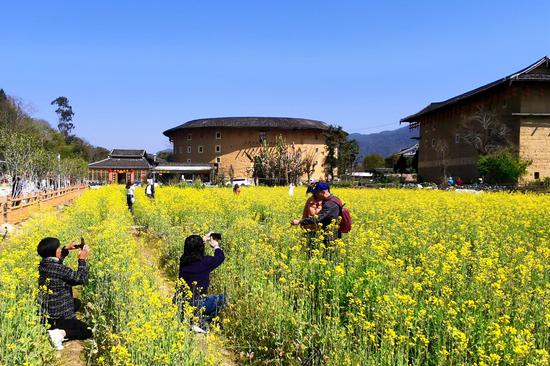
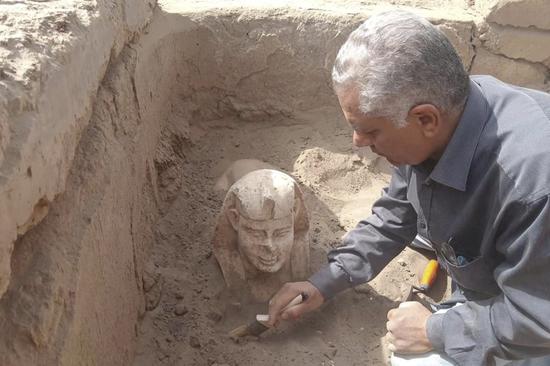
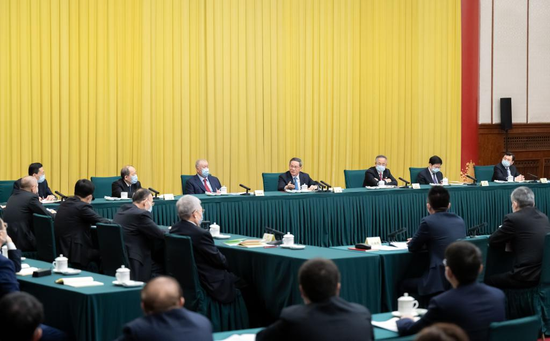
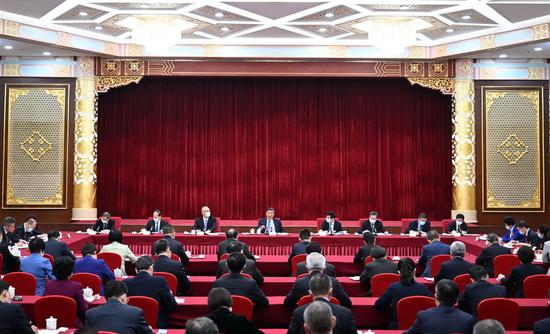
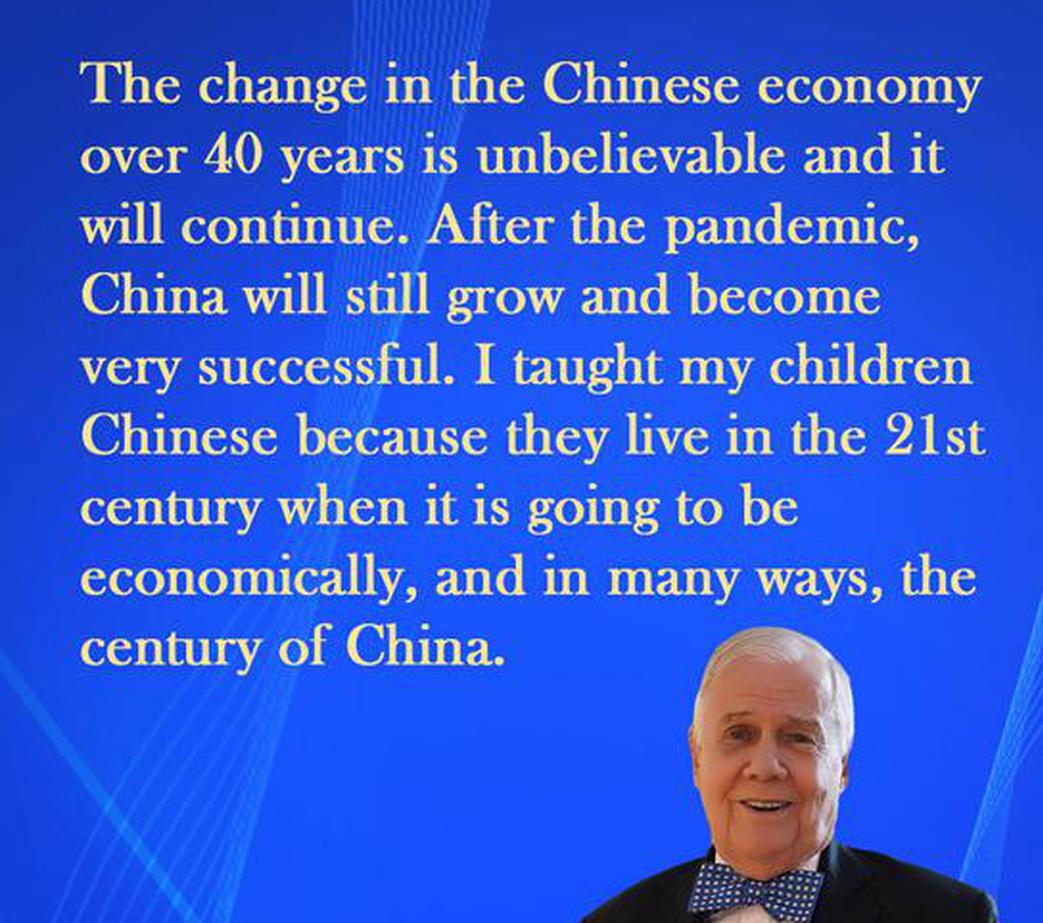
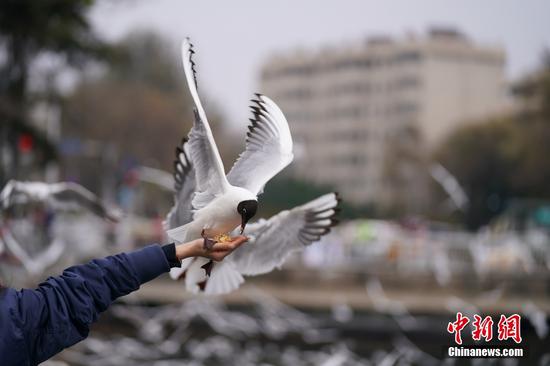
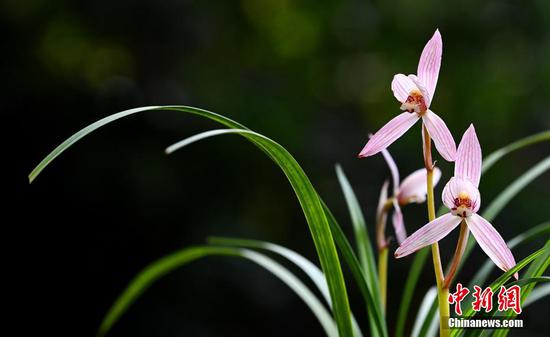
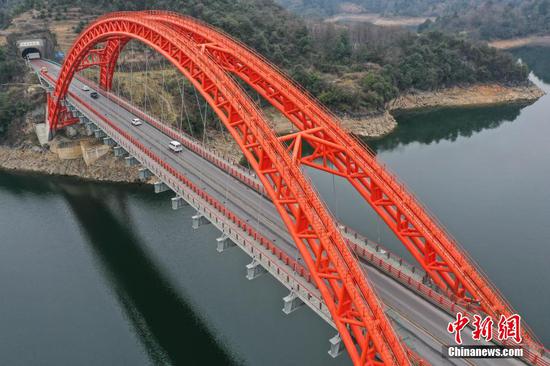
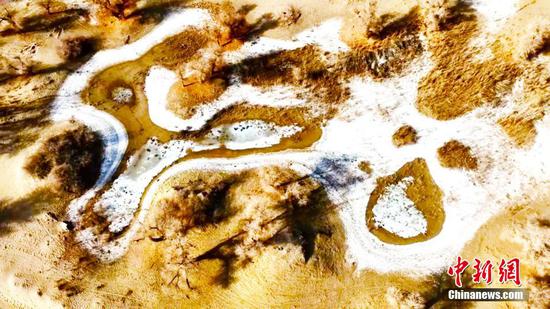
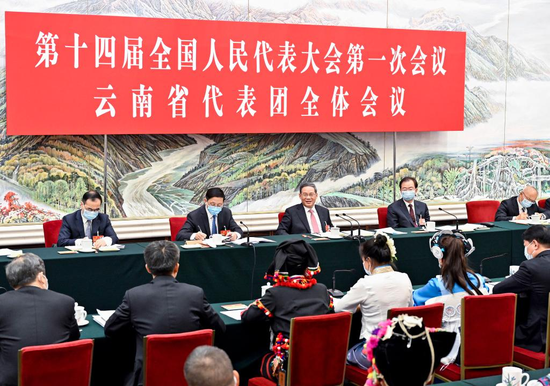
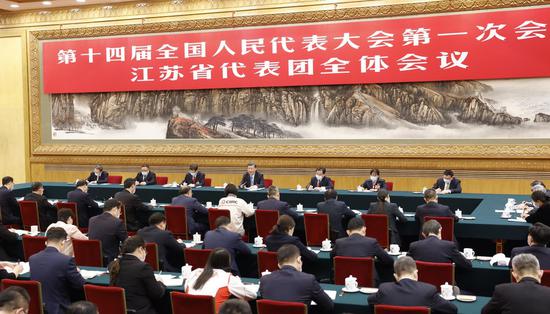
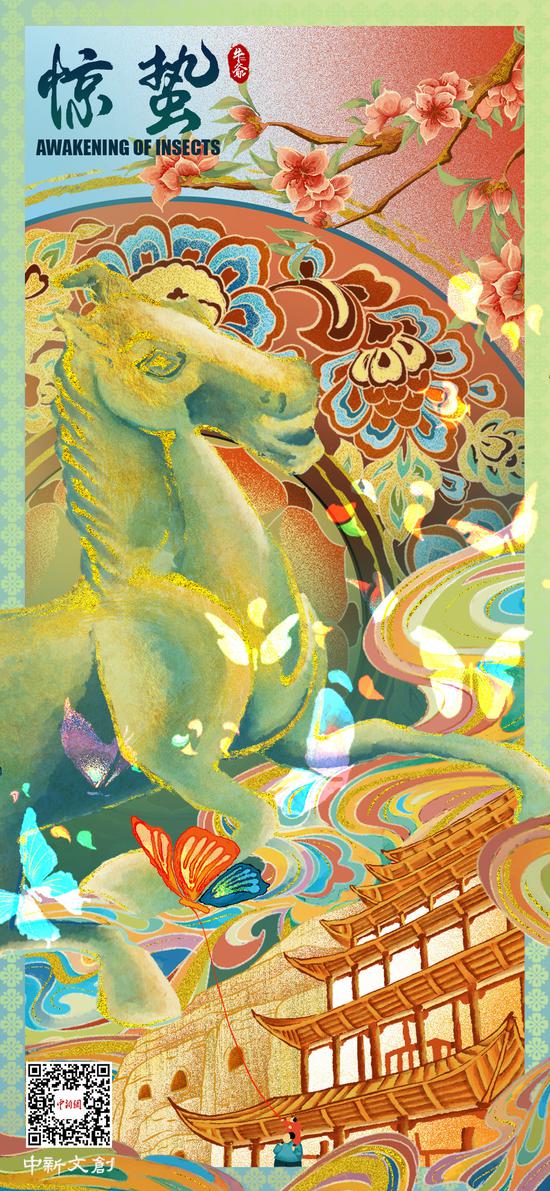
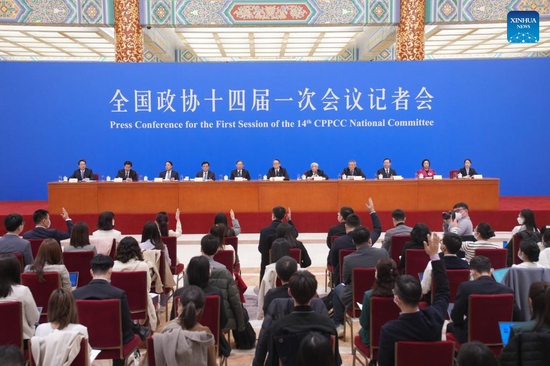
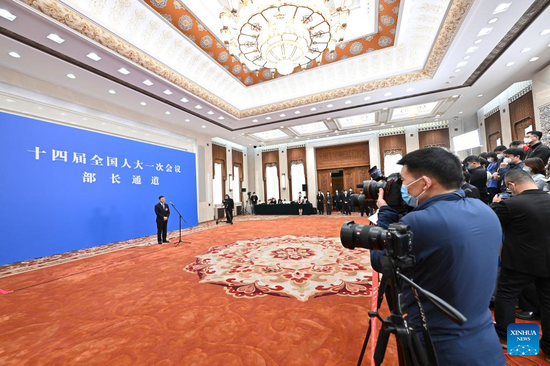
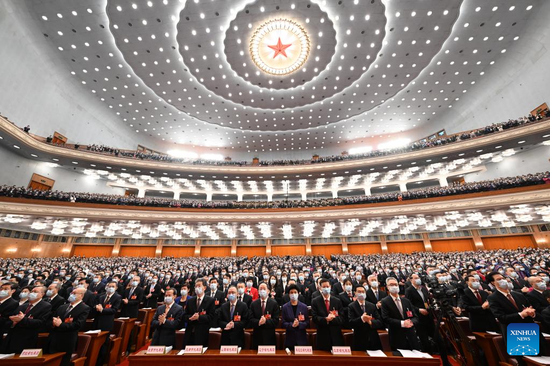
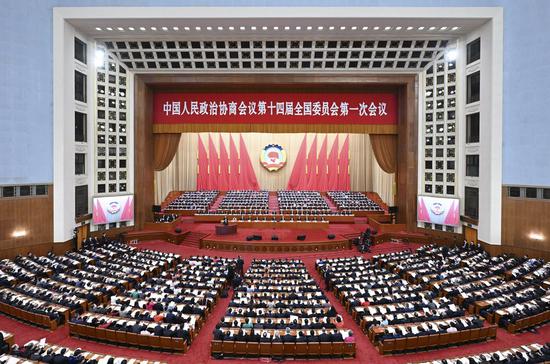
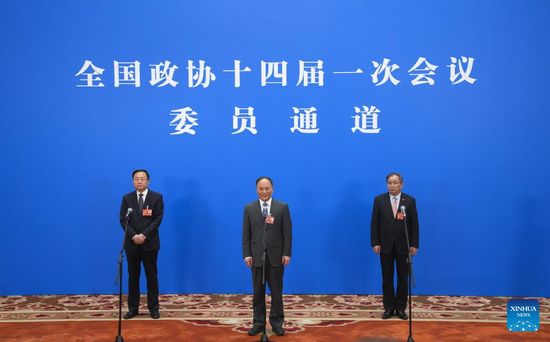
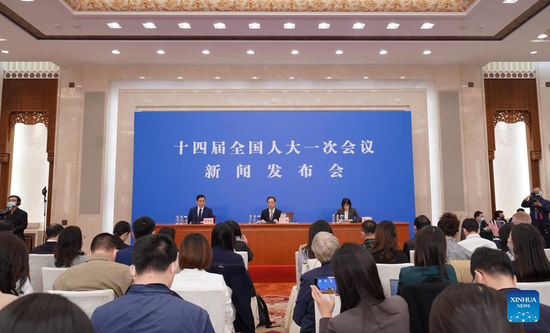
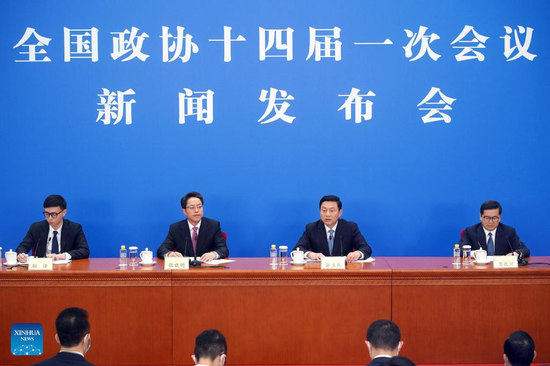
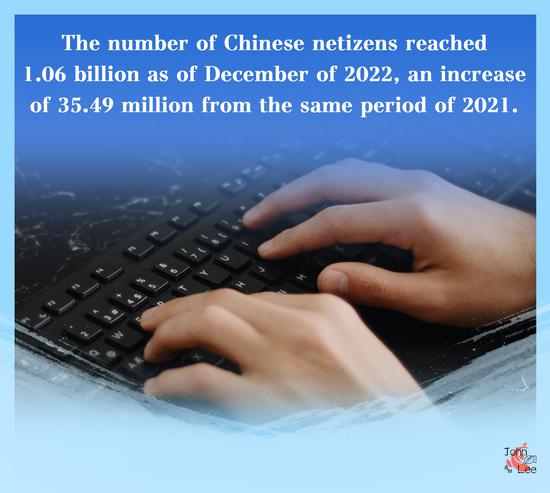
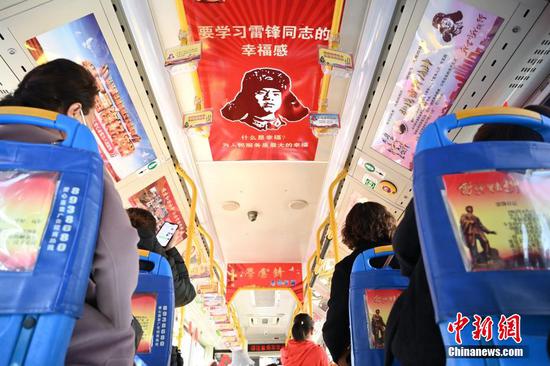
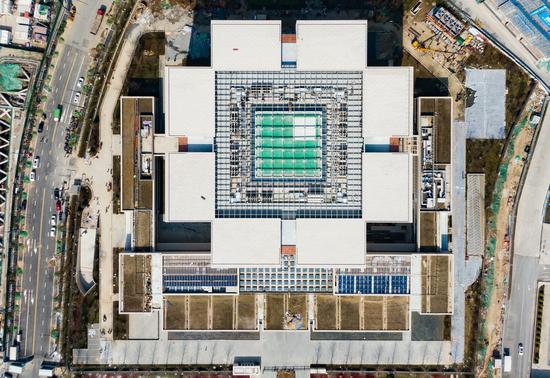
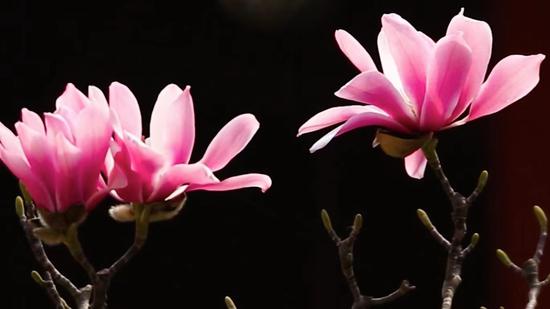
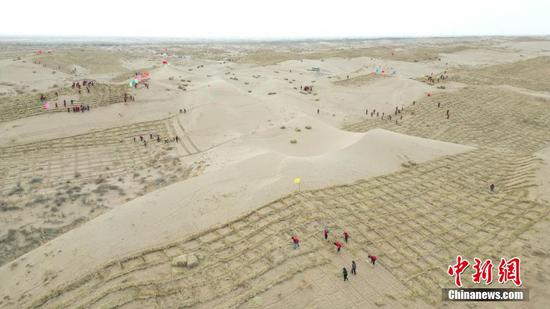





 京公网安备 11010202009201号
京公网安备 11010202009201号